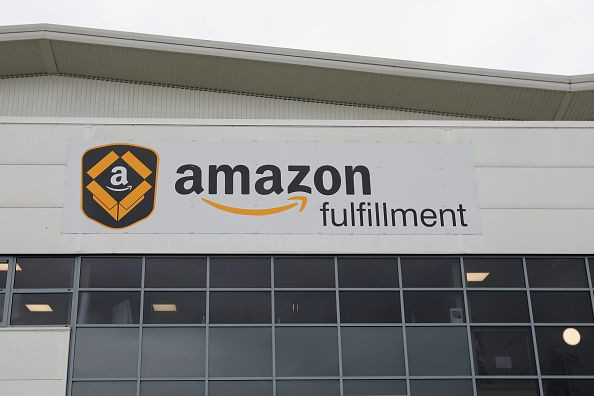France Defies US Threat: Digital Tax On Tech Giants Confirmed

Defying the threat of trade sanctions by President Donald Trump, the French parliament approved levying a digital tax of 3 percent on tech companies from their sales of digital services in France.
The affected companies in America will include tech giants Google, Amazon, and Facebook.
The French decision comes a day after Trump ordered an investigation into France’s planned “digital tax.”
The yardstick for French digital tax would be that companies will have worldwide revenues on digital services of at least 750 million euros ($845 million), and their sales in France ought to be 25 million euros ($28 million) or above.
The criteria will cover roughly 30 major tech companies, in which a majority belongs to the U.S.
The law may also cover some Indian, British and Chinese firms.
The new tax is expected to raise €400m ($450 million) for the French government in 2019, after which the corpus will grow.
“France is sovereign, and France decides its own tax rules. And this will continue to be the case,” said Bruno Le Maire Finance Minister of France in a statement.
The minister advised that the U.S. and France can do well by reaching agreements instead of bandying out threats against “fair taxation” of internet giants.
After the yellow vests anti-government protests, French President Emmanuel Macron had declared that businesses would be made to pay their fair share of tax.
During those protests, Amazon warehouse in the French town of Montélimar was targeted in last November.
The U.S. has been opposing digital tax as “unfair targeting.”
The U.S trade official Lighthizer also sought to bring the Organization for Economic Development (OECD) into the tussle. The U.S trade official said it would wait and welcome a multilateral agreement on taxes in the digital economy as committed by OECD.
But OECD said its final stand on digital tax will not come before 2020.
The U.S investigation against France could be a prelude to imposing tariffs or trade restrictions on French goods.
Amazon flays French tax
Flaying the French tax, Amazon called it “poorly constructed” and “discriminatory,” adding that it does “significant harm to American and French consumers alike.”
Amazon also hailed Trump Administration’s “decisive action against France and signaling to all of America’s trading partners that the U.S. government will not acquiesce to tax and trade policies that discriminate against American businesses."
Making tech companies pay more
The French government has been arguing that tech giants hardly pay any tax in France. They avoid paying tax and even if they pay it will be in those EU countries where they have set up offices.
Most tech giants have offices in countries like Ireland or Luxembourg, where low tax regimes prevail.
Tech giants pay very little in France or the UK, despite a big customer base.
For example, in 2017, Amazon UK's 2017 tax bill was $2.14m, less than 0.1 percent of its $2.5 billion turn-over.
But some critics say the new digital tax would undermine the French government's efforts to create a “start-up nation.”
It is expected that the UK, Spain, and Italy will also be introducing their versions of a digital tax.
The UK will charge digital companies 2 percent of their revenues from April 2020. Japan, Singapore, and India are also exploring the scope for similar taxes.
© Copyright IBTimes 2025. All rights reserved.





















